5 Min Read
6 Tips for Choosing a Home Builder
Congratulations! You’ve decided to build the home of your dreams. You're faced with unparalleled excitement and a mountain of decisions. One of the first and most crucial is choosing a home builder. But how do you select the builder who will be an integral part of turning your dream home into a reality? With a little research, you’ll find the right builder who can create the home you’ve always wanted. Here are 6 tips for choosing a quality home builder according to Seacoast New Hampshire construction experts, Oxland Builders.
Table of Contents
- 1. Determine Your Budget
- 2. Decide On Your Details: What Kind Of Home Will You Build?
- Determine Your Must-Haves
- 3. Create A List Of Builders
- 4. Ask Questions
- 5. Comparing Prices: Value Over Cost
- 6. Trust Your Gut Feeling
- Custom Homes And Remodeling In NH Seacoast And Southern ME
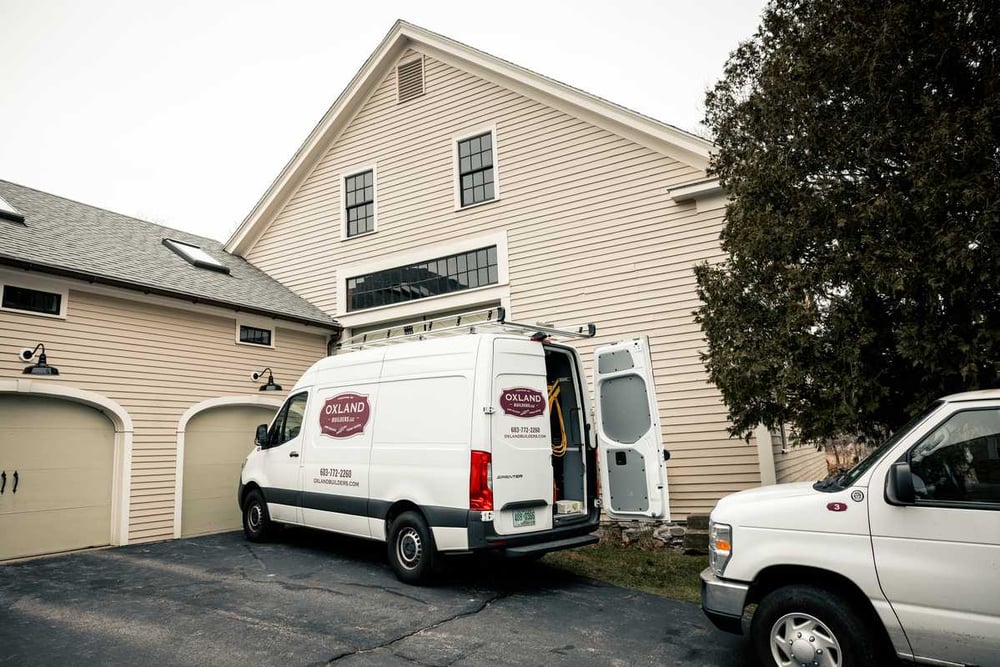 1. Determine Your Budget
1. Determine Your Budget
Embarking on the journey of home building in Rockingham County, NH requires more than just dreams and ideas; it starts with a well-defined budget. You need to know where your funding for your new construction will come from and how much your budget will be. A reputable builder is going to discuss your budget with you and clearly explain “how much home” you can get for your money. “During our initial meeting, we discuss the customer’s budget and the cost of home construction in great detail,” explains Brad Sawler, owner of Oxland Builders. “We feel it’s important for our clients to have an upfront understanding of exactly what they are getting and how their choices affect the final price,” he adds.
“As part of the homeowner budget analysis, Oxland reviews spend options but the final contract will detail exactly what’s included with their investment–right down to the brand and type of tile and fixtures,” notes Sawler.
Read how Oxland’s Design-Build process ensures customers get the custom home they expected– on time and within budget.
2. Decide on Your Details: What Kind of Home Will You Build?
What style of home are you dreaming of? Is it a contemporary design or a traditional colonial you envision yourself living in? Identifying the style can help you in choosing a home builder as some builders specialize in a certain type of home build. Are you interested in a production home or a custom home? When working with a production home builder, you can choose from a number of set plans. When building a custom home, you and the builder work much more closely together on the details—including upgrades and customized designs—to make the home truly yours.
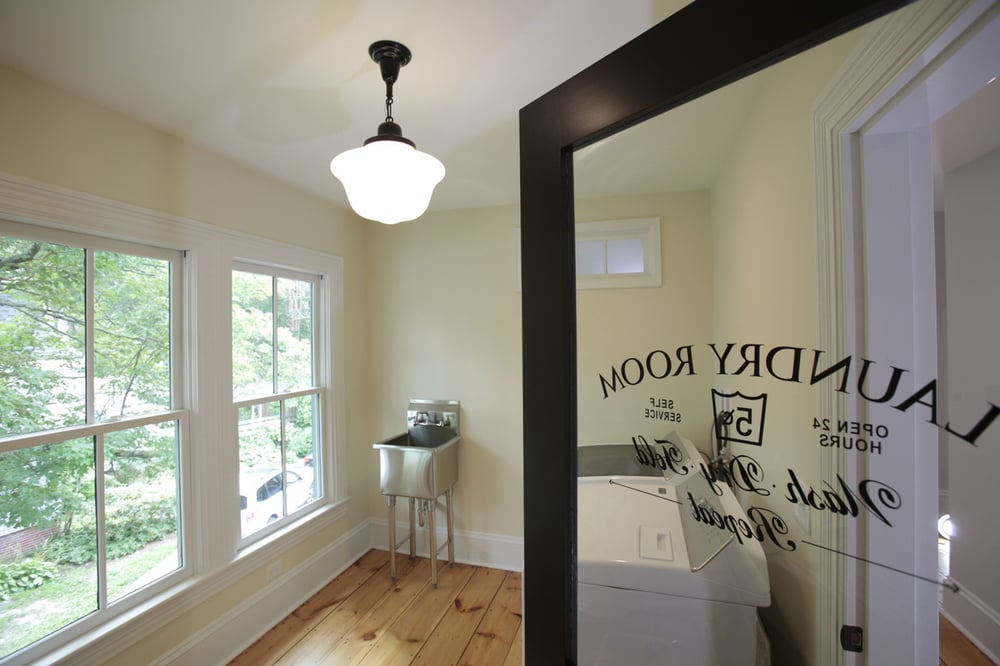
Determine Your Must-Haves
Before diving deep into design details, it’s crucial to prioritize your must-haves. These are non-negotiables that your new home should possess to meet your family’s needs and lifestyle.
-
Bedrooms & Bathrooms: Begin with the basics. How many bedrooms and bathrooms do you need? Consider the size of your family, any plans for expansion, and if you often host guests.
-
Open Floor Plan: Do you prefer an open floor plan where the living, dining, and kitchen areas flow seamlessly, promoting interaction and shared experiences?
-
Home Office: In this era of remote work, a dedicated home office or study has become essential for many.
-
Outdoor Space: Is a garden, patio, or deck on your wish list? How about a pool or an outdoor kitchen for summertime gatherings?
-
Storage: Adequate storage solutions like walk-in closets, pantries, and basements can significantly improve home functionality.
-
Special Rooms: Perhaps a media room, a playroom for the kids, a gym, or a crafting room is on your wishlist.
-
Sustainability: Eco-friendly features like solar panels, energy-efficient appliances, and sustainable materials might be a priority for the environmentally conscious homeowner.
-
Accessibility: If you plan to grow old in this house or have elderly family members, features like ramp access, wider doorways, and ground-floor bedrooms can be considered.
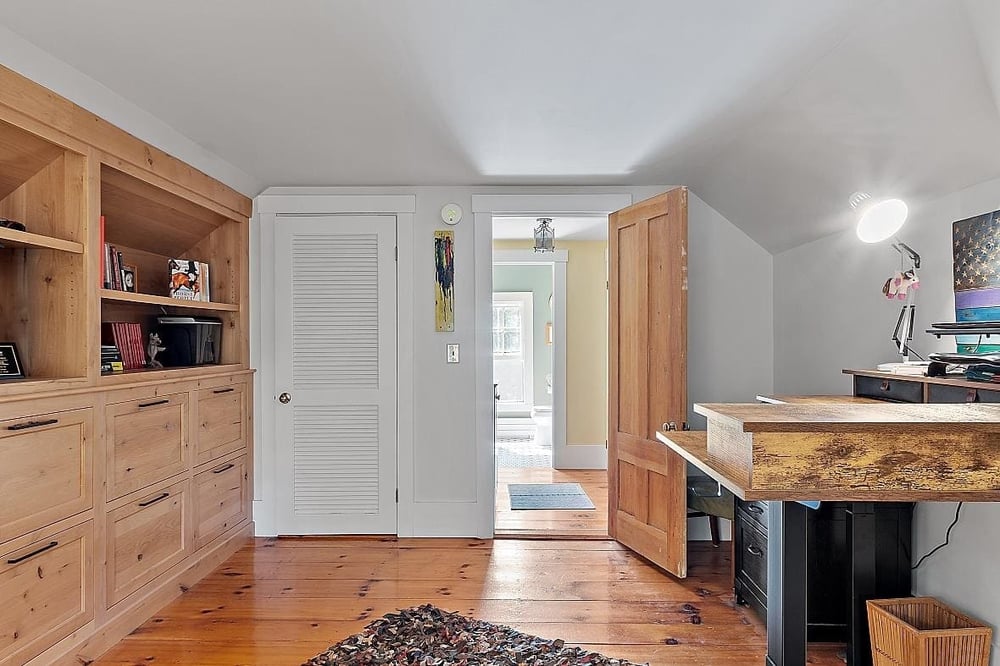 3. Create a List of Builders
3. Create a List of Builders
Contact your local home builders association to obtain a list of builders who construct homes in your area. Talk to your friends and relatives about their building experiences. Lenders, real estate agents, and code inspectors can all provide helpful perspectives on builders in the area. Social media can serve as another great way to quickly solicit feedback from the people you know.
4. Ask Questions
Once you’ve narrowed down your list to three or four builders, it’s time to start asking questions. Taking the time to get to know a potential builder before signing a contract can help ensure a positive home-building experience. Here are some questions to start with:
- How long have you been in business?
- Who do you use for subcontractors and how long have they been in business?
- Are you licensed and insured?
- What does the price include?
- Can you provide references?
- Is there a home you built that I can visit?
- What warranties do you provide for your work and the materials used?
- How often will I receive updates on the construction progress, and through what mode of communication?
- How do you handle unexpected costs or changes during the construction process?
- Can you explain your project timeline from start to finish?
- Who will be my primary point of contact throughout the construction?
5. Comparing Prices: Value Over Cost
When diving into the world of home building, it's natural for price to play a pivotal role in your decision-making process. After all, building a home is a significant financial commitment. However, it's essential to ensure you're comparing apples to apples when looking at builder quotes.
-
Quality of Materials: A lower quote might be tempting, but it's vital to ascertain the quality of materials being used. Lower-grade materials might bring down the initial costs but can lead to higher maintenance and repair costs in the long run.
-
Inclusions & Exclusions: Some builders might offer a base quote, with many features considered 'extra' or 'upgrades'. Others might offer a more inclusive quote. Ensure you're clear on what is and isn't included in the initial price provided.
-
Experience & Expertise: It's often said that you get what you pay for. A builder with extensive experience, a proven track record, and glowing reviews might charge a premium for their services, but the peace of mind and quality assurance can be worth the added cost.
-
Future Savings: Energy-efficient designs, quality insulation, and modern systems can lead to long-term savings on utility bills. Consider these when comparing prices.
-
Warranty and Post-Build Services: A builder that offers a robust warranty and stands by their work post-completion adds value beyond the initial build price.
A Cautionary Note: While it's essential to stay within budget, making a decision based solely on price can be a perilous path. Sometimes, an unusually low quote can be a red flag, indicating potential shortcuts, inferior materials, or a lack of experience. Remember, your home is an investment. It's not just about the financial outlay now, but also the long-term value, durability, and comfort of your living space. It's always worth paying a bit more for a home that will stand the test of time, built by a team that takes genuine pride in its work.
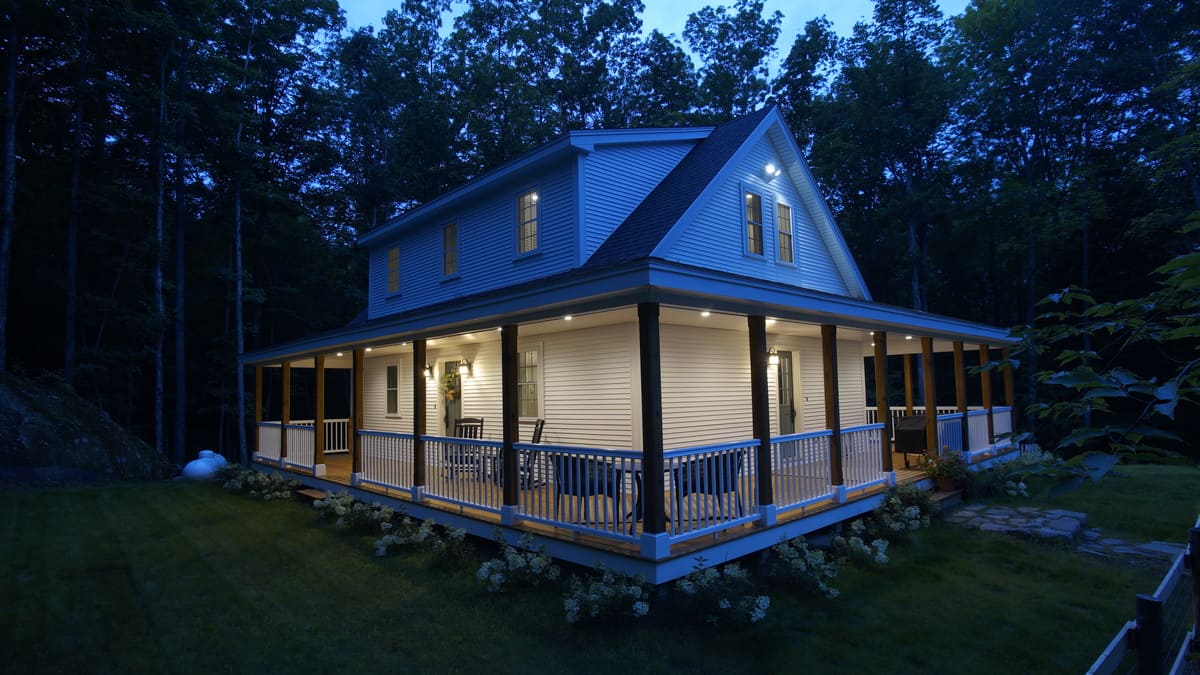 6. Trust Your Gut Feeling
6. Trust Your Gut Feeling
While technicalities, experience, and expertise are undeniably important, never underestimate the power of your intuition. When meeting with potential builders, pay attention to how they make you feel. Do they listen to you? Are they dismissive of your ideas or concerns? Trusting your gut can be particularly essential when the logical checkboxes are all ticked, but something feels off. Building a home is a significant investment, both emotionally and financially. It's crucial to collaborate with someone who not only understands your vision but also makes you feel comfortable, valued, and respected.

Custom Homes and Remodeling in NH Seacoast and Southern ME
Choosing the right home builder, like the trusted craftsmen at Oxland Builders, will turn your dream home into a reality. We are a full-service custom home building and remodeling company. To learn how Oxland successfully delivers custom homes on time and within budget, read about our Design-Build process. To discuss your custom home or remodeling project, contact us today!

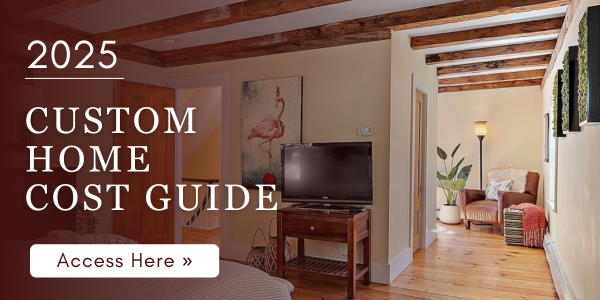


.jpg?width=352&name=How%20to%20Select%20a%20Custom%20Home%20Builder%20or%20Remodeling%20Company%20(1).jpg)
